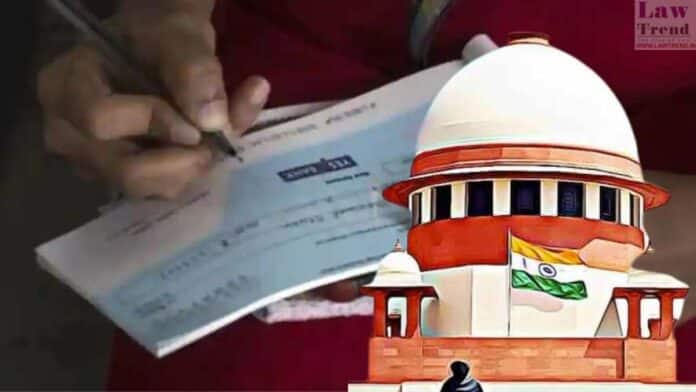The Supreme Court of India, in a significant ruling on the interpretation of the Negotiable Instruments Act, 1881, has held that a demand notice issued under Section 138, Proviso (b) must be for the exact amount of the dishonoured cheque. The Court affirmed that any discrepancy in the amount renders the notice invalid and vitiates
To Read More Please Subscribe to VIP Membership for Unlimited Access to All the Articles, Download Available Copies of Judgments/Order, Acess to Central/State Bare Acts, Advertisement Free Content, Access to More than 4000 Legal Drafts( Readymade Editable Formats of Suits, Petitions, Writs, Legal Notices, Divorce Petitions, 138 Notices, Bail Applications etc.) in Hindi and English.




